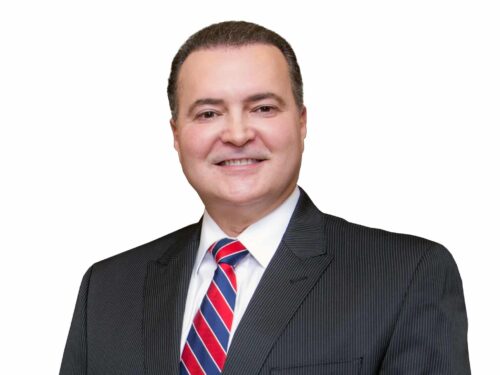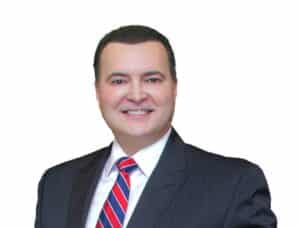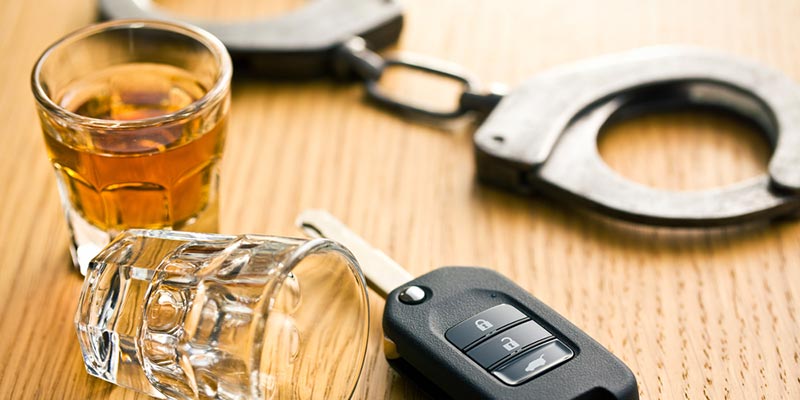

Legislators in Utah sent a bill out of committee to the legislature which would lower the breath or blood alcohol level to .05 BAC, down from the current nationwide limit.08 BAC. Amid the usual calls that lives will be saved, this measure would make it the state with the lowest low alcohol level in the nation.
“Reducing drivers’ legal blood alcohol limit from .08 to .05 is not intended to discourage Utahns from drinking, but to convince them not to get behind the wheel if they do, said Bill sponsor Rep. Norman Thurston, R-Provo.
“I don’t want to throw more people in jail. What I want to do is find things that change the social mindset to driving in safer ways,” said Thurston.
HB155 would take effect Dec. 30, 2018 if it becomes law, allowing time to disseminate information about the change and implementing it just in time for the New Year’s Eve weekend, Thurston said.
It also would make Utah the first state in the country to match what Thurston called an “international standard” for laws regarding drinking and driving.
Utah would be the first state in the country to match the so-called, “international standard” for laws regarding drinking and driving.
In the United States, that’s standard has changed throughout the years being as high as .15 at one time, then reduced for many years to .10 and later under the Clinton administration, a national call to reduce it to .08 or lose federal funding for highways forced most states to adopt the current standard.
There is no current move by the new administration in Washington to do so, but Utah, which already has some of the toughest DUI laws in the country, is trying to pass this law. Despite having those strict laws, the death rate from alcohol related accidents has increased in the state. This lead many to question whether such a strict law will be used to raise revenue for the state, cost many people their licenses, jobs and restrict tourism to the state by many who fear driving after just one drink will lend them in jail and will cause them to lose their drivers license. Under the new standard, in some cases just one drink in one hour would put a person over the legal limit for driving.
Bella Dinh-Zarr, vice chairwoman of the National Transportation Safety Board, cited the success in dozens of European and Asian countries that lowered the legal alcohol limit for drivers and reduced the number of drunken driving fatalities.
“Although people in those countries continue to drink more per capita than people in the U.S., there are fewer deaths on the roads,” Dinh-Zarr said. “They drink more, and yet they die less because of a .05 BAC.”
The NTSB has recommended lowering alcohol driving limits to .05 or lower since 2013, Dinh-Zarr said. If the standard was adopted nationwide, they suggest fatal alcohol crashes may drop by 11 percent, she said, or nearly 1,800 people each year.
The bill passed it’s first committee hurdle, the House Law Enforcement and Criminal Justice Committee with a 9-2 vote. Reps. Angela Romero and Sandra Hollins, both D-Salt Lake City, voted against the bill but did not speak about their opposition Friday.
Speaking against the bill, Sean Druyon, a legislative committee member for the Utah Association of Criminal Defense Lawyers, said lowering the legal driving limit for blood alcohol concentrations would lead to more people losing their licenses, which in turn leads to lost jobs and hardships for families.
“For most first-time offenders, it’s a wake-up call,” Druyon said. “This has a huge impact on drivers who have never gotten a ticket before, have never gotten a DUI charge, have never gotten an alcohol-related charge, and yet now they’ll lose their jobs, they’ll lose their licenses.”
Rep. Paul Ray, R-Clearfield, became combative questioning Druyon about his opposition to the bill, telling him, “You’re talking about people losing their jobs. I lost my grandfather.”
Druyon said in opposition, that the bill fails to balance between individual freedoms and protecting the community. He also voiced concern about a potential impact to the state’s tourism dollars if people choose not to come to Utah in light of the lower allowable drinking level. Additionally, many areas in the state don’t have enough public transit to offer an alternative.
Opposition also came from the Libertas Institute, a libertarian-leaning nonprofit group. Michael Melendez, director of policy, said the organization’s stance is that drivers should not face criminal alcohol-related offenses unless they do any harm. Some members of the committee snickered in response but did not ask questions.
A spokesperson for AAA, said the organization supports lowering the limit. The organization release the statement, “People sometimes just don’t know how much they’re drinking. They don’t know what their limits are. This will absolutely set that mark. If you’ve had a drink, you just don’t drive. There’s not any confusion anymore”.
Thurston said the law would not put additional responsibilities on law enforcement officers, who would continue to respond to and investigate alcohol-related traffic offenses as they currently do.
Utah already has one of the lowest rates in the nation of DUI fatalities, Dihn-Zarr said, but the numbers have risen from 12 percent in 2005 to 22 percent in 2014. She called it “simply wrong” to say that lowering legal blood alcohol limits is about drinking. Rather, the focus is on convincing people to find alternatives to driving when they drink, she said. But the low numbers may be more of a cultural or religious effect in this Mormon majority relatively conservative leaning state of only 2.82 million people.
“Without burdening police officers or prosecutors with extra work, lowering the BAC would prevent deaths and injuries on Utah roads. It would spare dozens of Utah families every year from hearing about the death of a loved one,” Dihn-Zarr said.
Although these politically charged laws often fail by stalling in the committee process in one or both houses, sometimes but I actually passed in one state and then catch like wildfires into others.
What do you think about this law lowering the legal level to .05 BAC or about one drink an hour for some folks?





